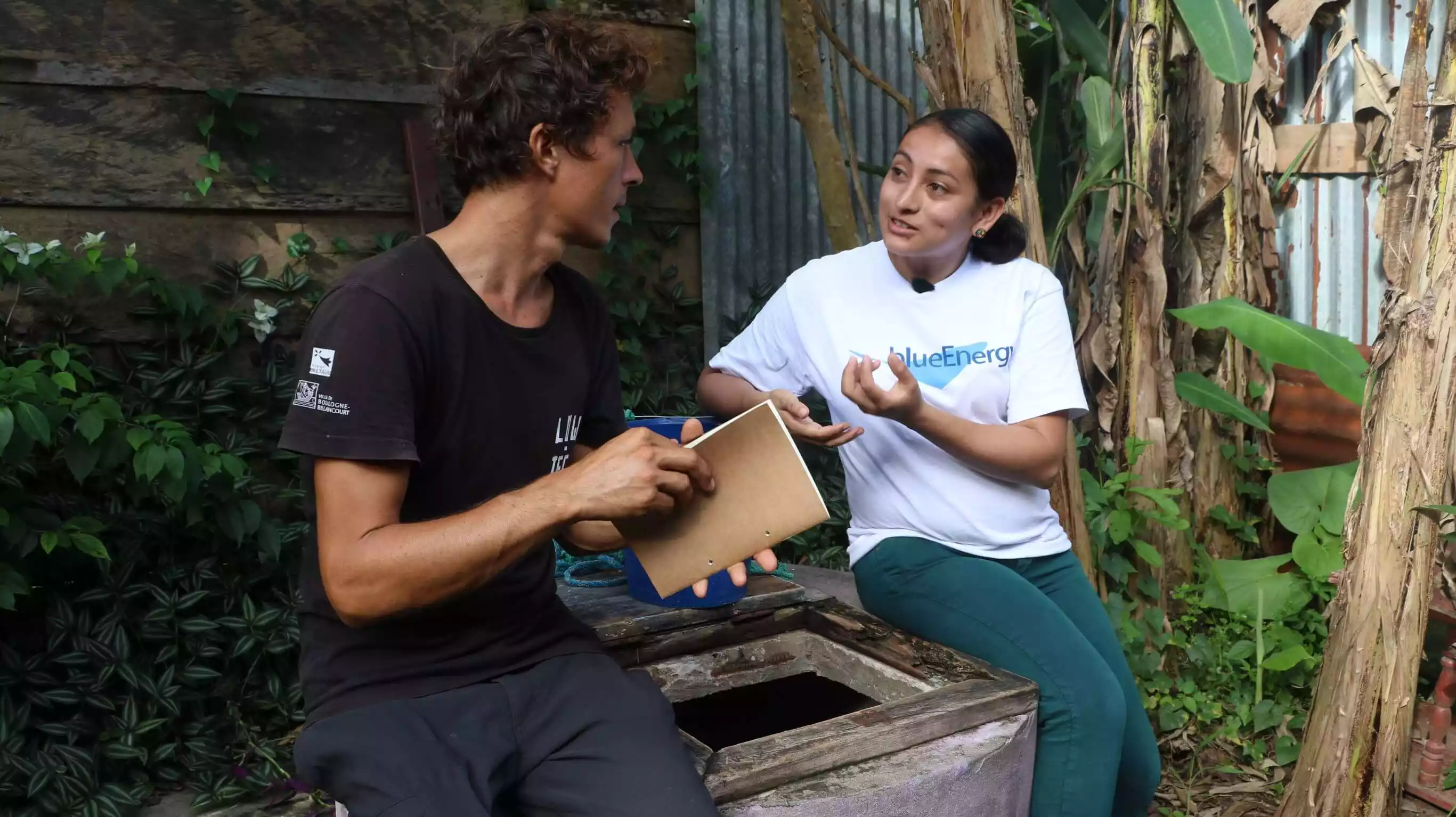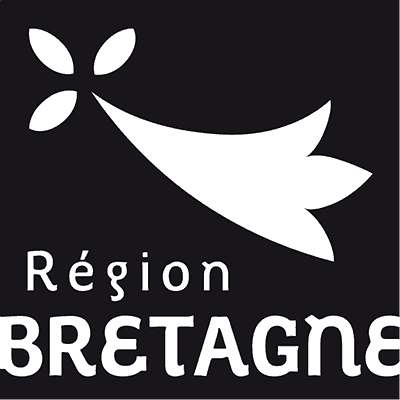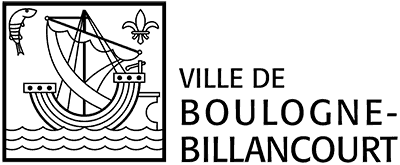[NOMADE DES MERS] A municipal biodigester in Nicaragua !
Date of publication : 13 juillet 2021
Authors : Caroline Pultz et Corentin de Chatelperron
Place : Bluefields, Nicaragua
The crew of the Nomade des Mers has set foot in the United States! But before telling you about our American program, we wanted to come back on a nice discovery we made in Nicaragua: a municipal biodigester in Bluefields!
The first article about our stopover in Nicaragua is available > here <
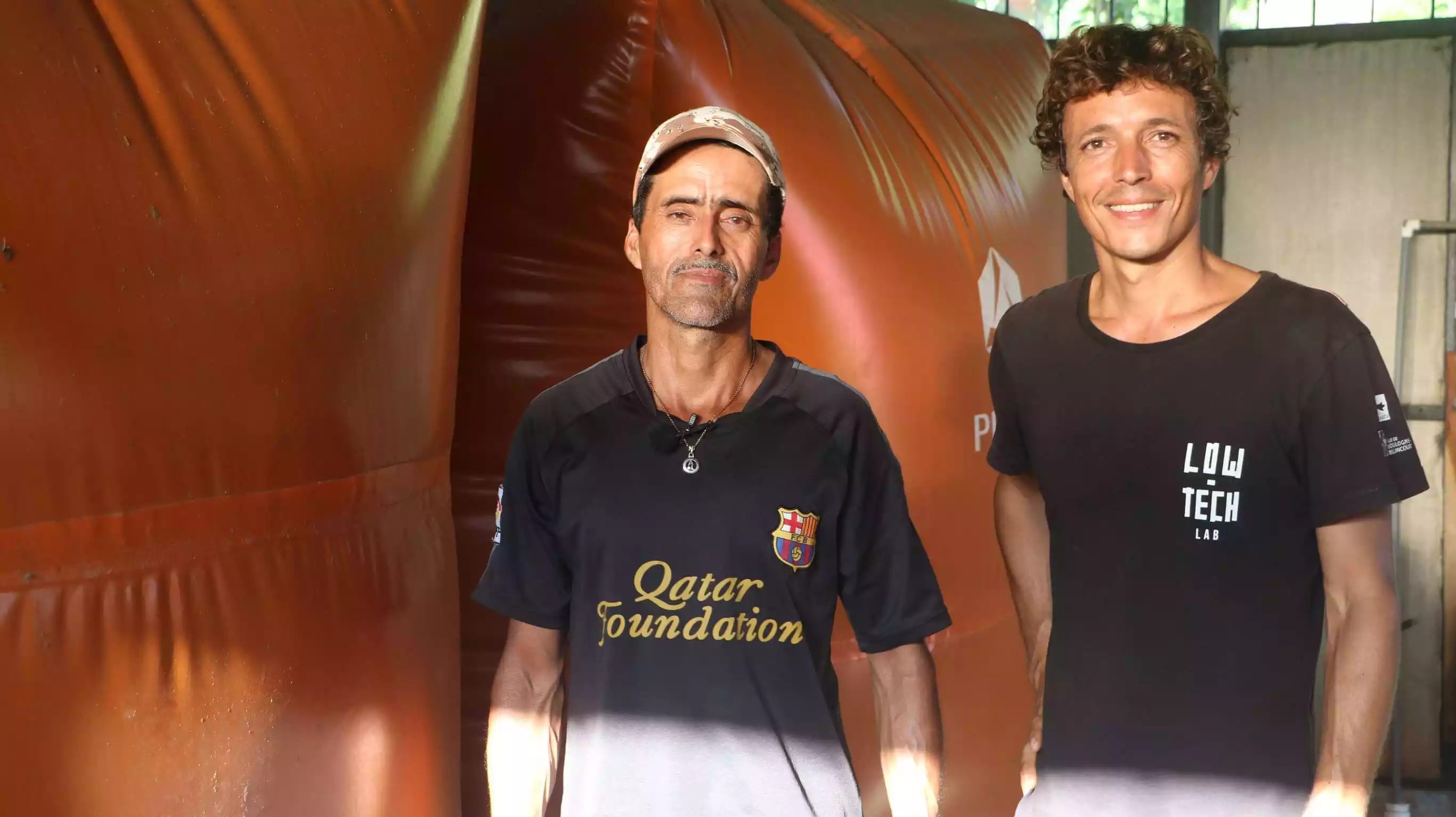
Visit of the municipal slaughterhouse of the city of Bluefields and official meeting with the city hall. #
Welcomed by our friends of blueEnergy, we continue our visit to the city of Bluefields in Nicaragua. A few years ago, the team participated in the construction of a biogas plant to transform the waste from the municipal slaughterhouse into energy and fertilizer.
Accompanied by Esmelda, Jocelyn and Sandra, we went to the municipal slaughterhouse (el Rastro), located outside the city. This slaughterhouse produces an important quantity of solid and liquid waste (bones, blood, offal, manure). When it is not recycled, it is left in the open air, attracting rodents and scavengers and seeping into the water table. The sanitary and environmental risks are numerous: groundwater pollution, foot-and-mouth disease, peripneumonia… Not to mention the widespread “wild” slaughter which can also have serious consequences on the health of consumers.
It is with this public health issue that the project was born in 2011. The Bluefields City Council and blueEnergy, together with specialists and universities, have worked on the development of a system to treat this organic waste.
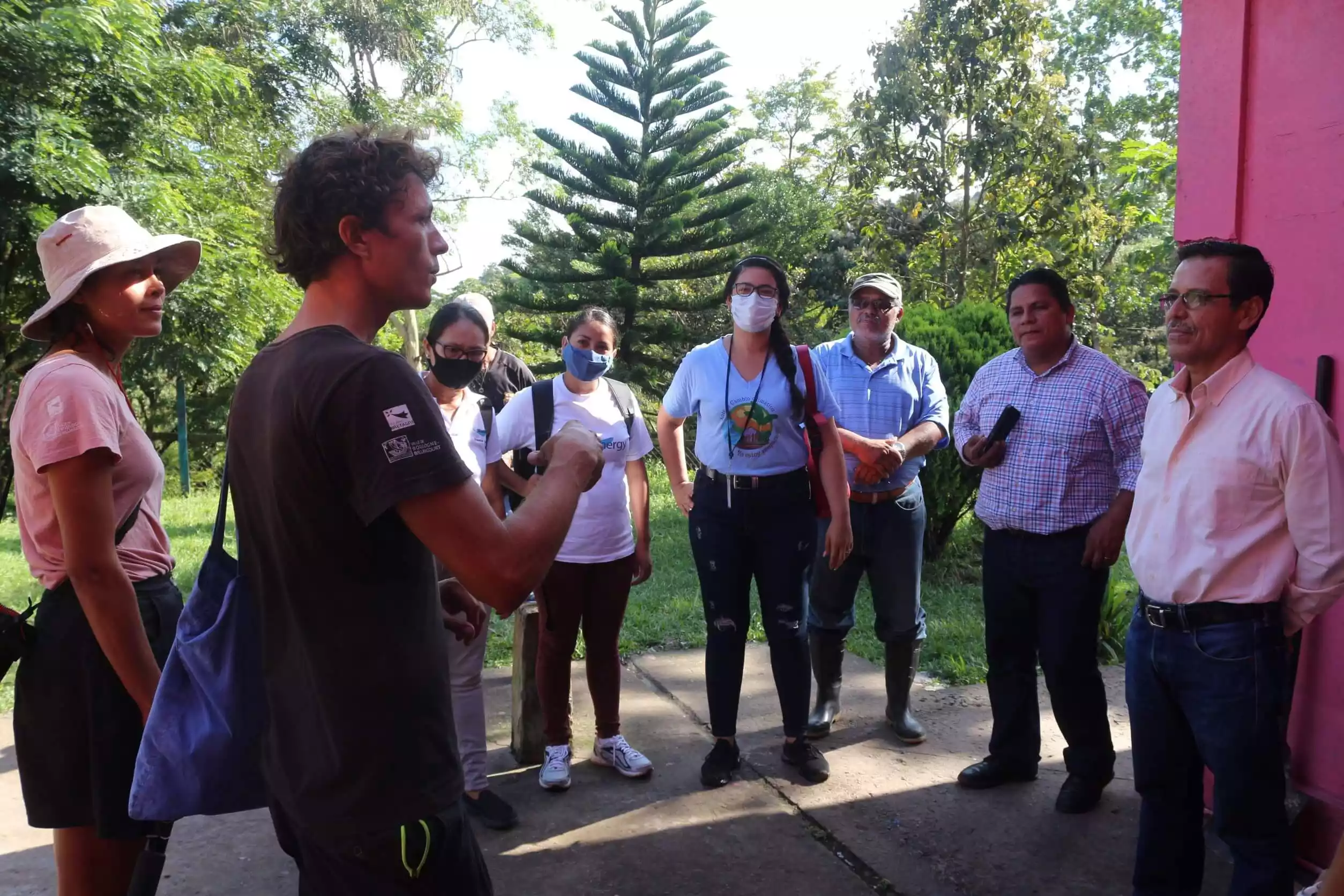
Biodigester: the principle #
A biodigester is a technical solution for the valorization of organic waste, used to produce a combustible gas (biogas) and a fertilizer (digestate). The particularity of the biodigester is that the degradation is realized by bacteria in an environment deprived of oxygen, we speak about anaerobic fermentation.
The biogas is a mixture of gas containing mainly methane, which can be used to feed a burner of gas or boiler or as fuel for engines.
The methanogenic fermentation that occurs in the biodigester exists in nature. For example, this is what happens in marshes when organic matter decomposes under water.
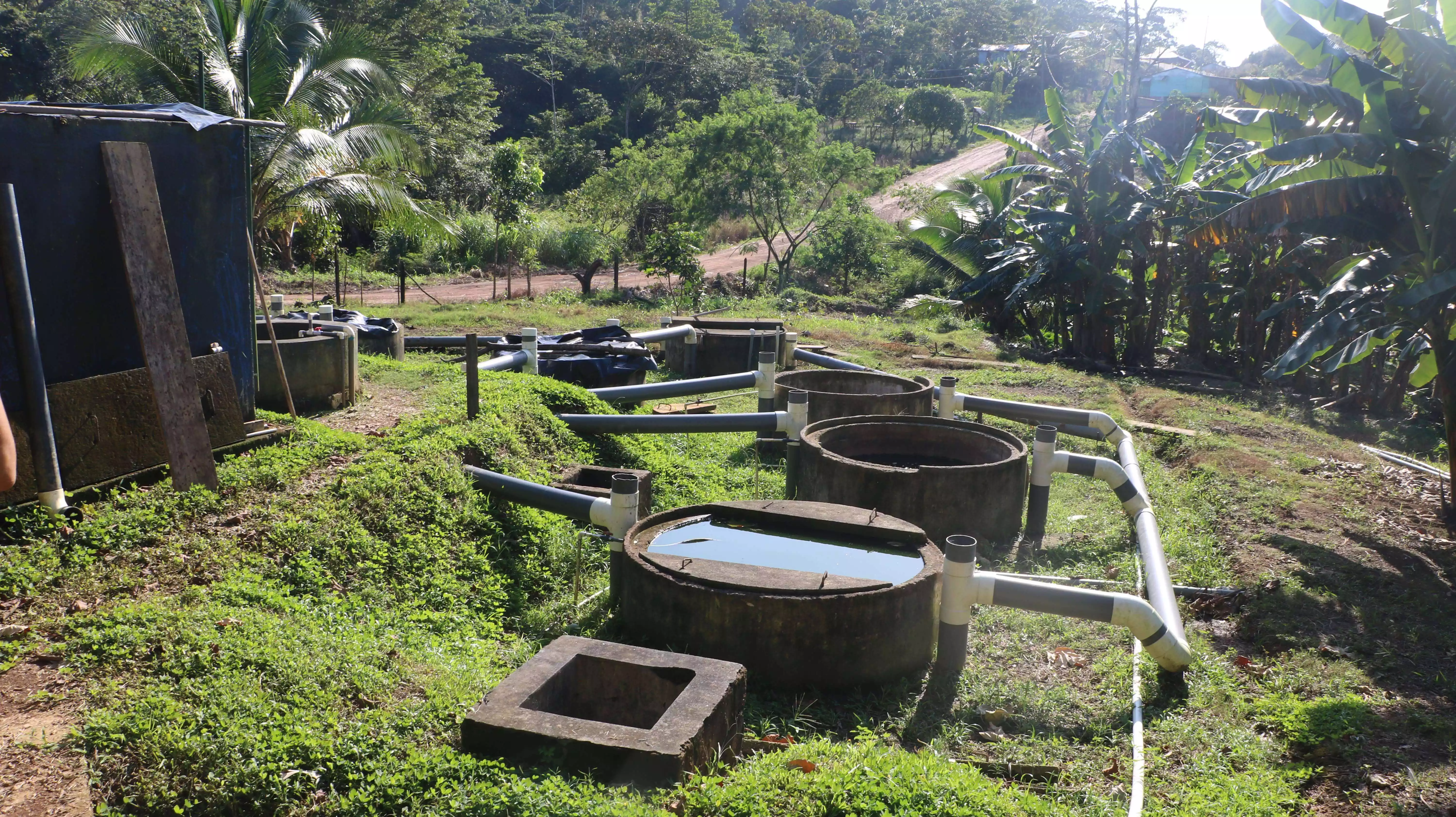
A company that heats water from its own organic waste #
Developed by blueEnergy, the biodigester allows the slaughterhouse to transform viscera and excrement into biogas. The biogas is used to boil the large amount of water needed for the slaughtering and cleaning process. Previously, the water was heated with coal, a very polluting and expensive resource in Nicaragua! In addition, the biodigester allows the collection of a quality compost that can be used in local agricultural production, the biol.
This system has contributed to strengthen the economic stability of the slaughterhouse and to work to strongly reduce its environmental impact. For the mayor of Bluefields, Gustavo Castro, the project is a model for the country: the “Rastro Verde” has become a space of awareness, inspiration and transmission, welcoming representatives from other municipalities in the region.
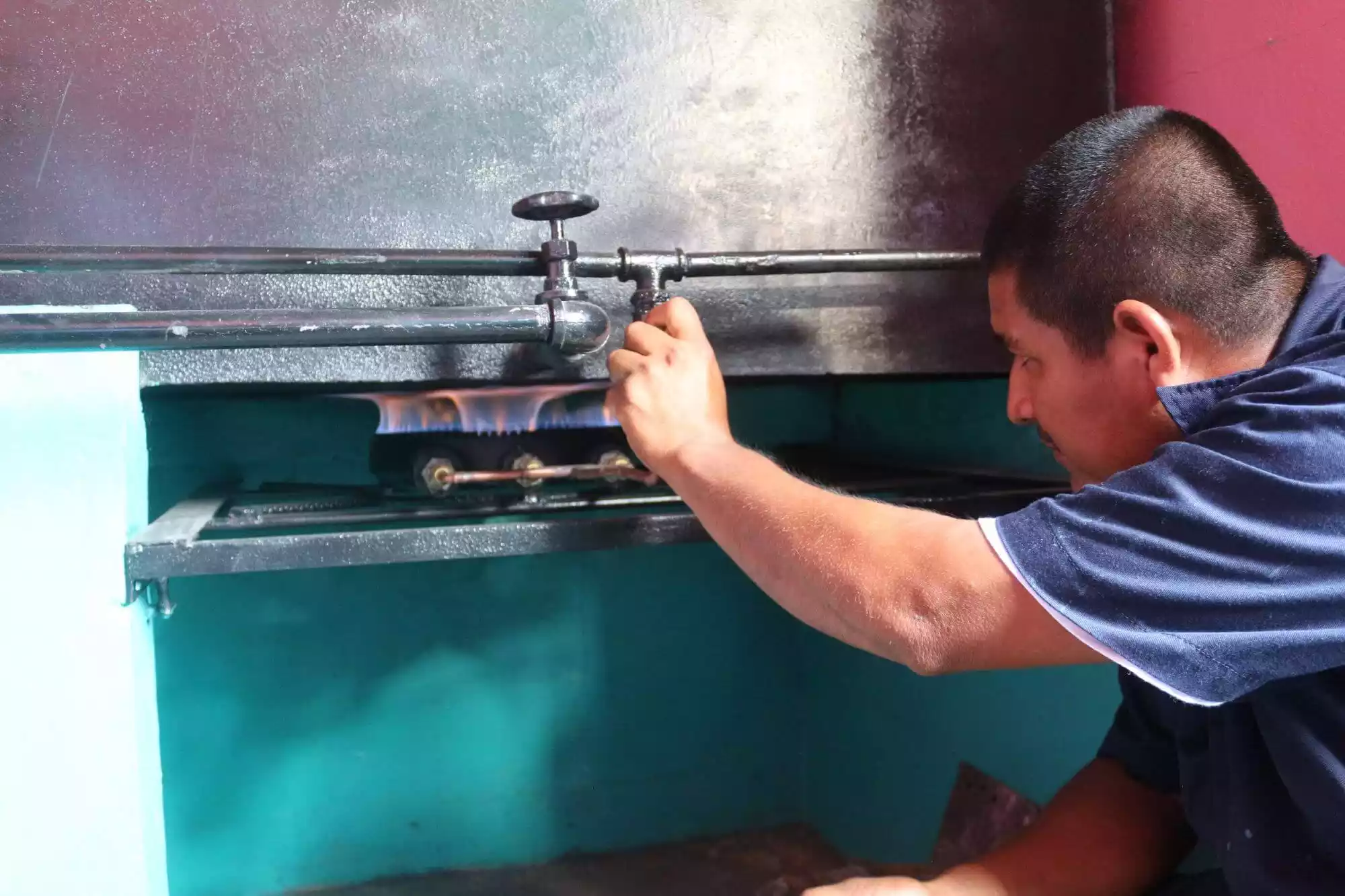
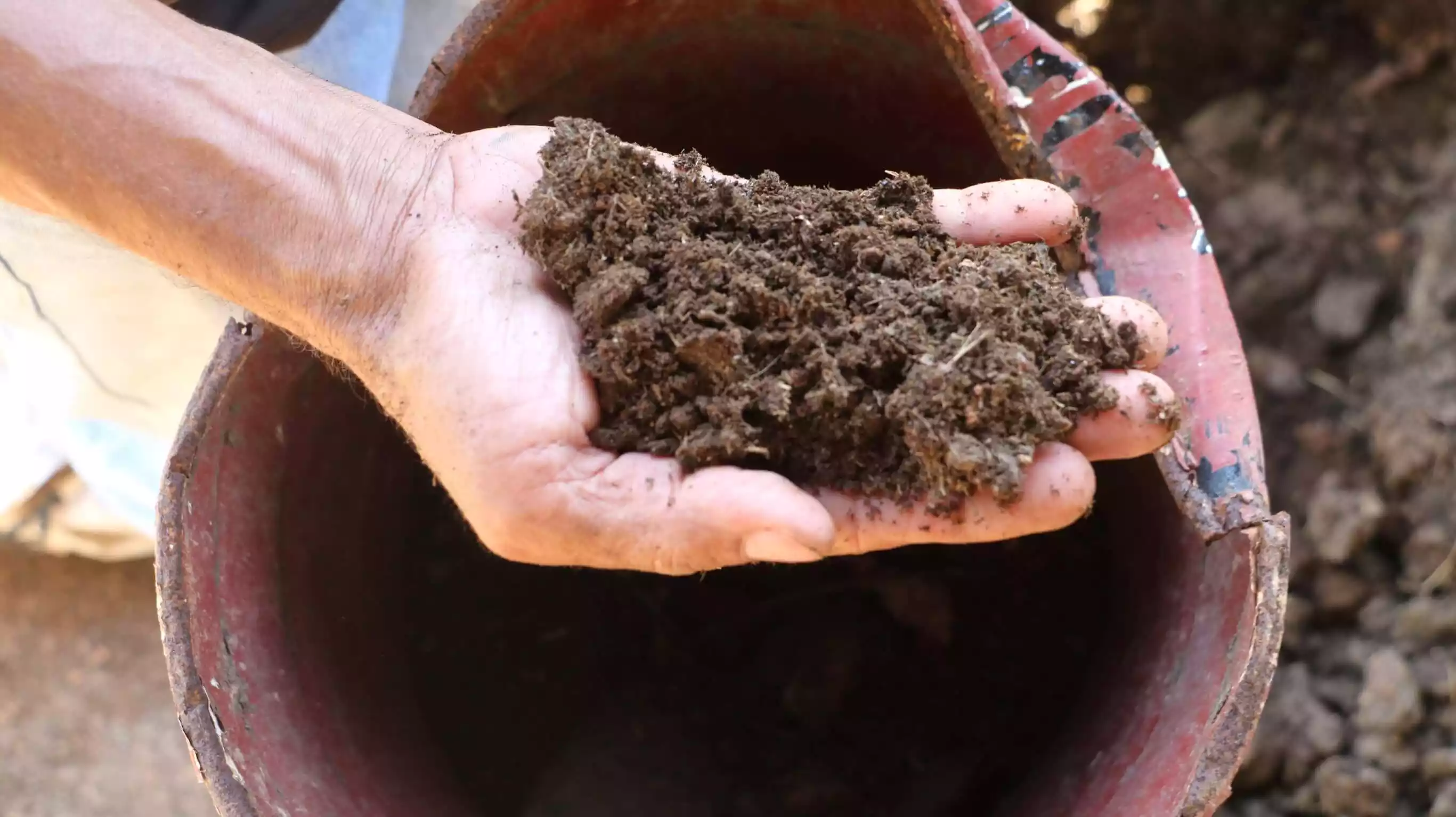
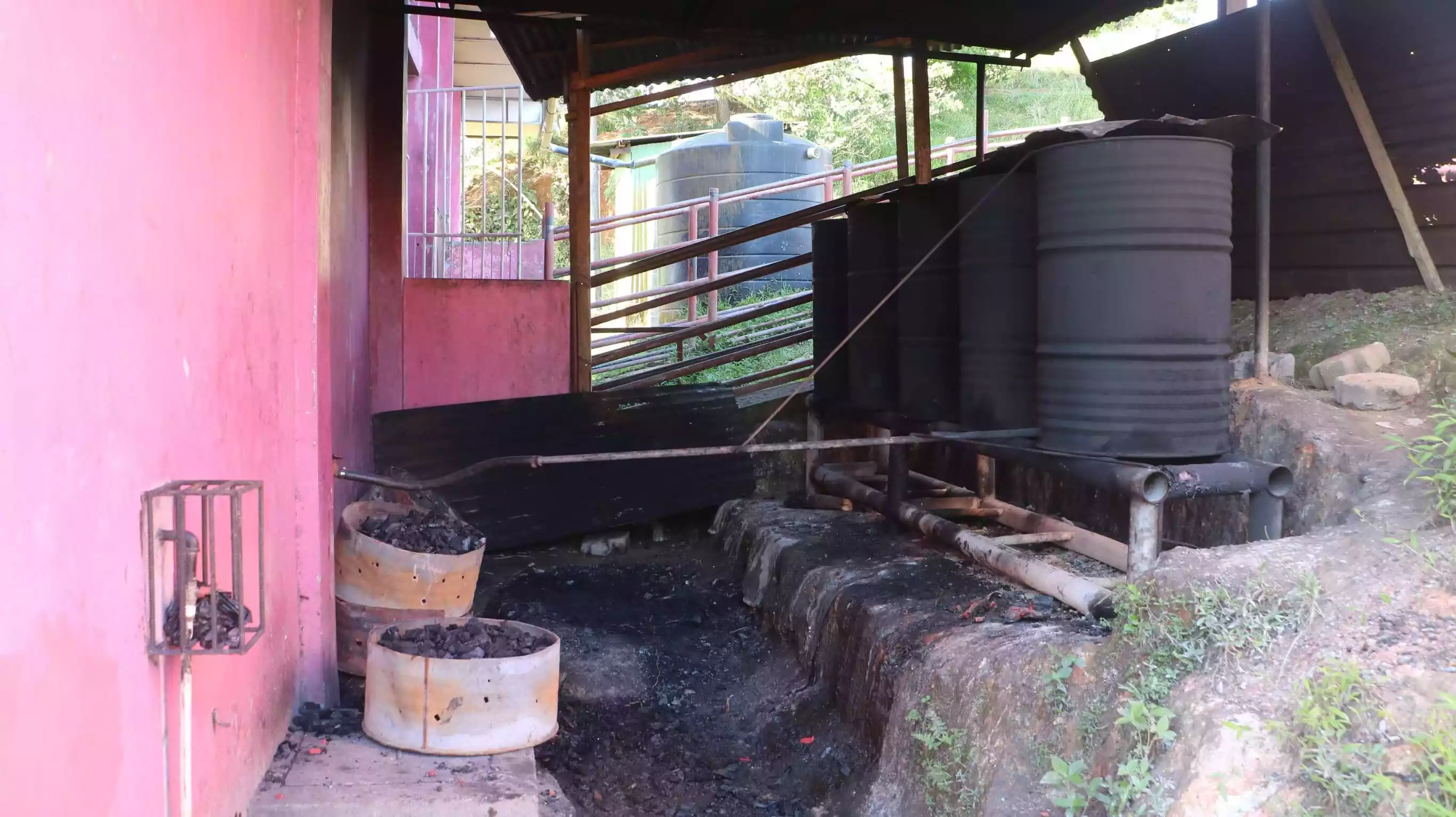
blueEnergy contributes to a more equitable and sustainable world #
blueEnergy works in remote areas where there is a huge gap between the complexity of the problems faced and the capacity of the local population and institutions to solve them.
The association works to solve these problems while strengthening ties with local partners and populations. It successfully attracts national and international support and brings high-level volunteers, staff and consultants from around the world to the Nicaraguan coast. It encourages exchanges between experts, technicians and community members who share their knowledge and experience in order to increase the skills of local populations and partners and its internal operational capacities.
We wish them much success in their future projects and thank them again for these moments of sharing!
